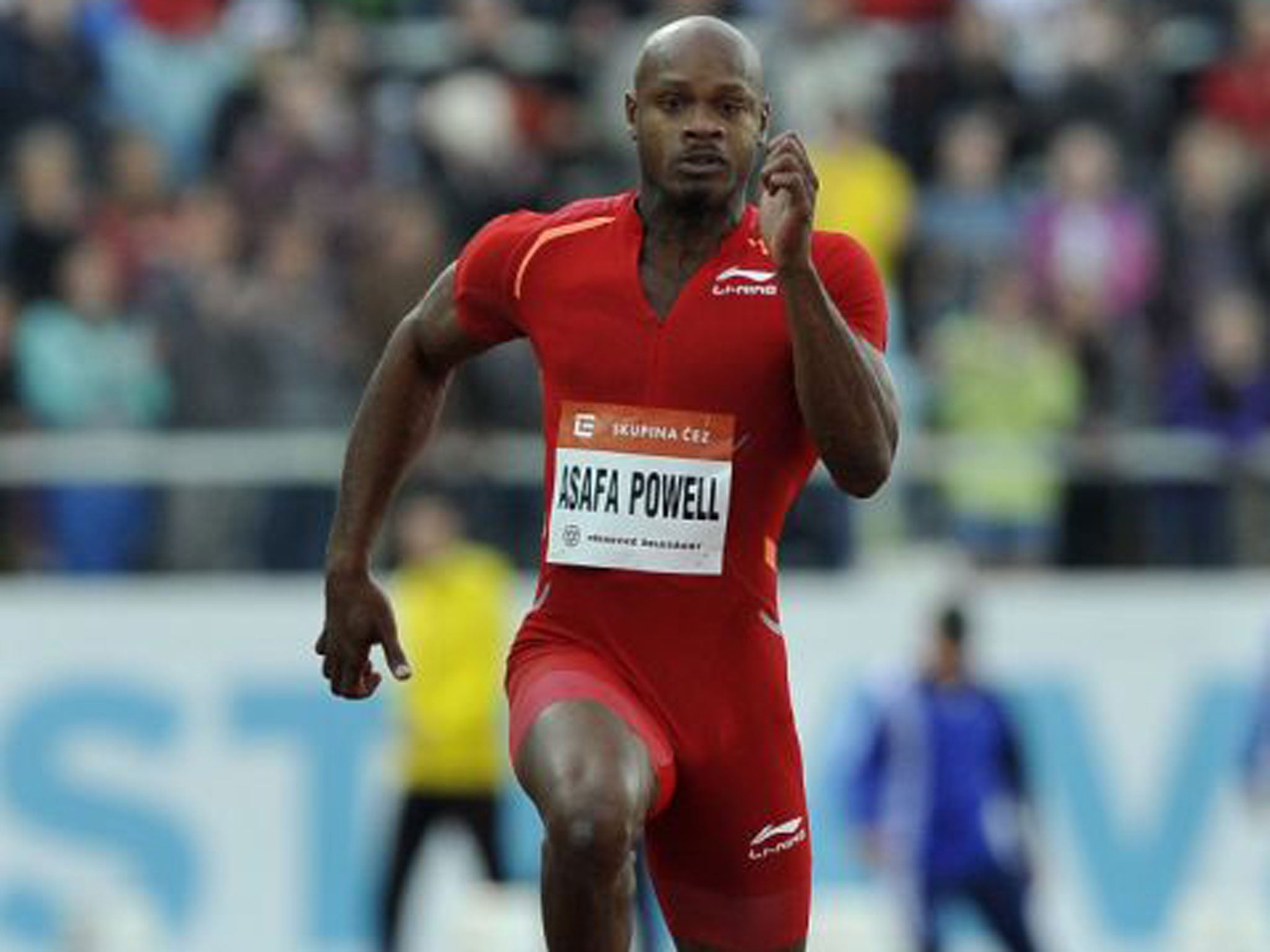Robin Scott-Elliot: Athletics risks being dragged down by lack of speedy action over Jamaica's drugs scandal

It is the question every athlete or cyclist who achieves something out of the ordinary will be asked for now and probably ever more: Are you clean? Did you run the 100m at lightning speed without illegal aid? Did you scale that mountain dancing on your pedals without an unnatural high?
Cycling is cleaner than in recent memory. Chris Froome, it is my belief, does not dope, nor does Sir Bradley Wiggins. Questions will still be asked of them and their successors, and still should be, given the sport's painful history.
There were some 50 more tests carried out on this year's Tour than last year, and while none were positive the samples will be stored – justice can be done retrospectively. That number needs to keep climbing because numbers matter in this game, not least for the perception it gives to its audience, and that is what is so starkly damning about the failure of Jamaica's sporting authorities to police their athletes.
The remarkable achievements of the Caribbean nation's fast men and women have flown their country's flag in a way nothing else has in recent years – they have also promoted their sport in a way few others can. Speed thrills and Jamaica produces the quickest men and women in the world – they won all six of the men's and women's sprint titles at the World Championships in Moscow: the 100m, 200m and the relays.
It was revealed this week that in the four months leading up to the 2012 Olympics, Jadco, the Jamaican anti-doping body, conducted one out-of-competition test, 11 in the seven months before the Games. Out of competition is when dopers dope. Jamaica has a reputation for producing sprinters but it is now acquiring one for producing sprinters who dope. Asafa Powell – once the fastest man in the world – three-times Olympic gold-medal winner Veronica Campbell-Brown and Sherone Simpson, another Olympic gold winner, are among a number to test positive.
Jamaica's approach to anti-doping has consistently been found lacking – the entire board of Jadco had to resign after it was set up in 2008 because they were involved directly with sports, a conflict of interest. Powell and Simpson have both blamed supplements for their failed test – last year Jadco had one junior member of staff to deal with educating athletes about this.
There are athletes I believe dope. It is not difficult to be suspicious – look at times, rapid improvements, coaches and so on. I believe Usain Bolt, another Jamaican, is clean, but Bolt needs to have his reputation protected.
A comprehensive and effective anti-doping programme is expensive. Jamaica needs to cash up if it wants to protect the reputation of its nation's sporting ambassadors. Threats issued by Wada, the world anti-doping agency, should be backed up by the IAAF, athletics' governing body. They should offer assistance too, financial if need be. Jamaica is crucial to the future of their sport and whispers and innuendo are now running quicker than ever alongside the men and women in the golden vests.
Subscribe to Independent Premium to bookmark this article
Want to bookmark your favourite articles and stories to read or reference later? Start your Independent Premium subscription today.

Join our commenting forum
Join thought-provoking conversations, follow other Independent readers and see their replies